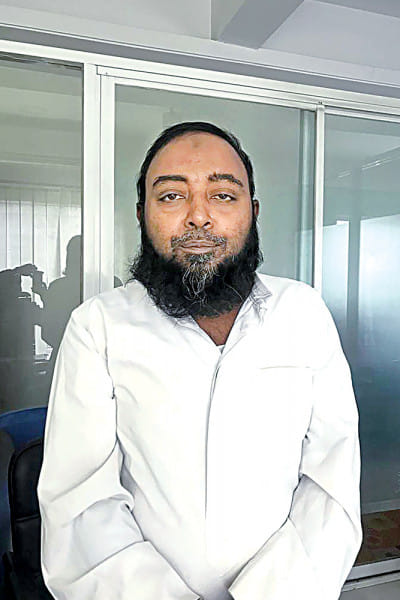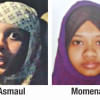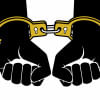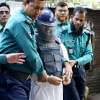Huji was being reorganised

A top leader of Harkat-ul-Jihad al-Islam Bangladesh was attempting to reorganise the banned outfit after returning from Dubai, said CTTC officials after arresting him and two others yesterday.
They were trying to bring their absconding members back to the Islamist outfit and was in touch with family members of imprisoned Huji leaders, the officials of Counter Terrorism and Transnational Crime Unit said.
They intended to run their activities with an NGO as a front, officials who interrogated them said, adding that a Malaysian multilevel marketing company’s banner was to be used.
Afghan-war returnee Md Atikullah alias Asadullah alias Julfiqar, 49, came to Bangladesh from Dubai in March, investigators said, adding that they detained him at Khilgaon along with Nazim Uddin alias Shamim, 43, secretary of the outfit’s Dhaka city south, and Md Borhan Uddin, 45, in charge of the outfit’s Feni, following a tip off.
Julfiqar is in charge of international relations of Huji, officials claimed.
Saiful Islam, deputy commissioner of CTTC, told The Daily Star that they had information that Huji men gathered at a playground near a mosque in Khilgaon to have a secret meeting.
Four other members, however, managed to flee during their arrest drive.
He said they gleaned information from the arrestees about Huji men on the run and were scrutinising those.
The arrestees during primary interrogation admitted that they were involved in Huji and were trying to reorganise the outfit, Saiful said.
Huji was launched in a press conference in Dhaka on April 30, 1992, by a number of returnees of the Afghan war.
Activities of Huji became less prevalent after the 2004 grenades attack on an Awami League rally, sources in law enforcement said asking not to be named.
However, it appeared active until 2009.
Before 2004, the outfit was found responsible for at least 18 grenade and bomb attacks, the first of which was the 1999 attack on an Udichi programme in Jashore.
The government banned the militant group on October 17, 2005.
Investigators said Julfiqar fled the country in 2006 during an anti-militancy crackdown following Jama’atul Mujahideen Bangladesh’s bomb attacks in 2005.
He was Huji’s central committee’s organising secretary in 1996. Then Huji president Mawlana Abdus Salam and Secretary Sheikh Farid are now in jail.
According to the first information report (FIR), filed with Khilgaon Police Station following yesterday’s arrests, the arrestees were trying to make new recruits by getting in touch with absconding and detained Huji.
Julfiqar had links with foreign militants, an official said.
Meetings were held in Dhaka, Chattogram and Feni, said a high official of CTTC, requesting anonymity.
A CTTC official who interrogated Julfiqar said he went to Afghanistan with a 42-member team from a Pakistani madrasa. He allegedly had meetings with most wanted militants in Afghanistan.
He also fought with a militant group in another country.
In 1998, he returned to Bangladesh and started working for the outfit.
“We have information about the outfit’s leadership from the arrestees and are now conducting drives to arrest them,” Towhidul Islam, additional deputy commissioner of CTTC, told The Daily Star.

 For all latest news, follow The Daily Star's Google News channel.
For all latest news, follow The Daily Star's Google News channel. 








Comments